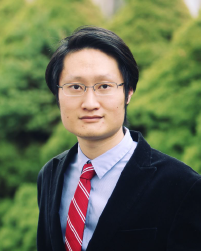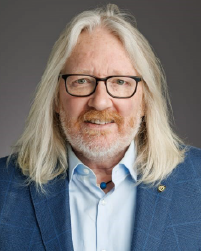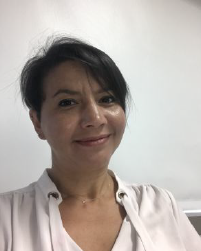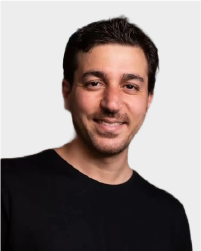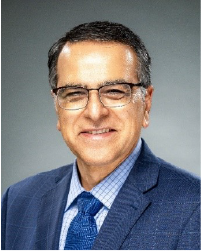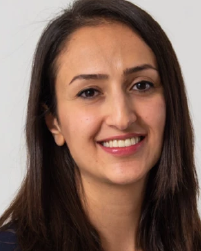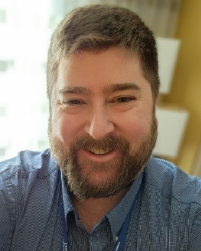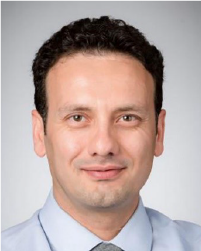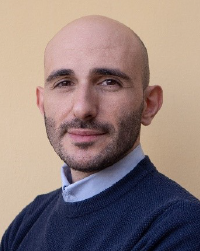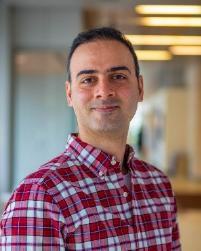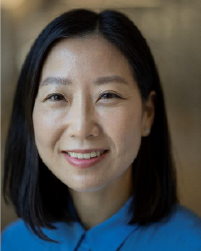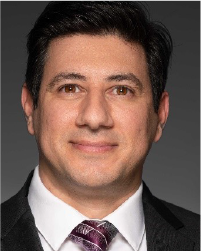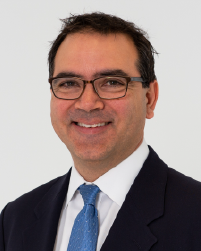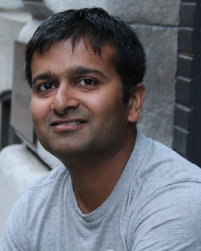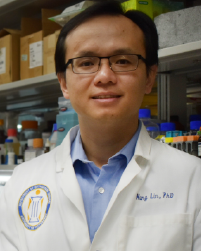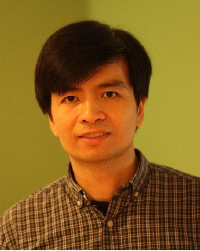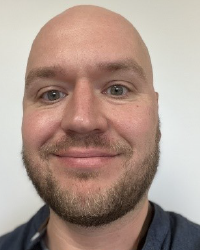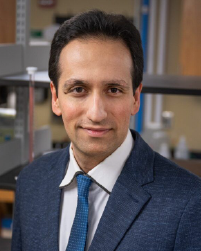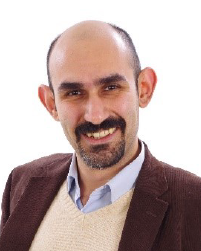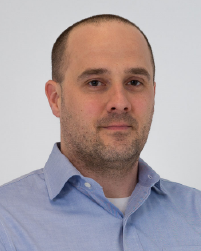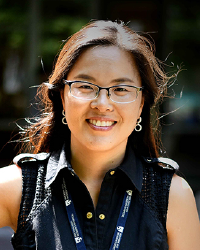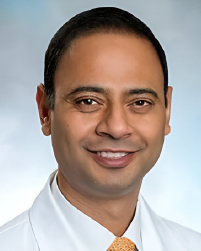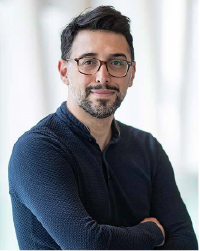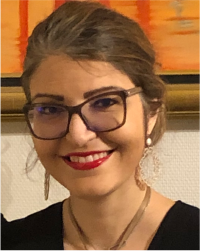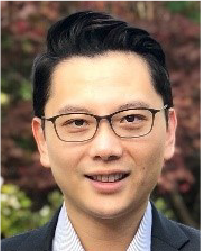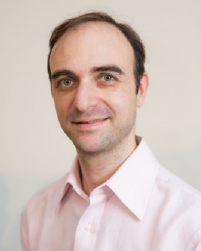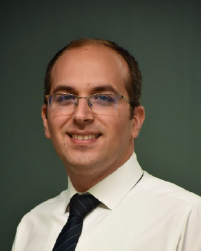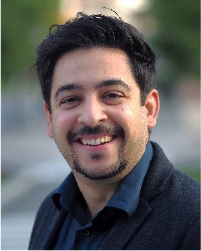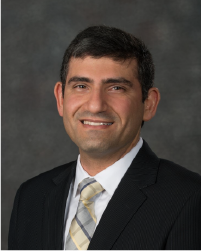Mostafa Analoui
Title: Biomedical Entrepreneurship: From Concept to Patients
Mostafa Analoui, Ph.D., is Carlton Highsmith Endowed Chair of Innovation & Entrepreneurship, Director of M&T Bank Center for Innovation & Entrepreneurship, and Professor of Business at Quinnipiac University. He is also an Adjunct Professor at Brown University (Providence, RI). Previously he was the Executive Director of UConn Ventures. Prior to that, he was Head of Healthcare and Life Sciences at Livingston Securities (New York, NY) with investment focus in private and public companies in biotech, MedTech and healthcare services. He was the Senior Director at Pfizer Global Research and Development. Dr. Analoui is actively involved in innovation, investment, management and scientific/business development.
While at Pfizer, he was the Site Head for Global Clinical Technology in Groton and New London, a division focusing on emerging technologies for development and validation of biomarkers and diagnostics for drug development. Prior to joining Pfizer, Dr. Analoui was the Director of Oral and Maxillofacial Imaging Research, Associate Professor of Radiology at Indiana University, and Associate Professor of Biomedical Engineering and Electrical & Comp Engineering at Purdue University. He was also President and CEO of Therametric Technology Inc. He has received his Ph.D. from Purdue University, followed by Post-Doctoral Fellowship at IBM TJ Watson Research Center in NY.
In addition to industry leadership in innovation, biomedical, and technology fields, he consults and lectures in US, Europe and Asia. He has also served on various scientific, regulatory, and business advisory committees and boards, including NIH, NSF, PhRMA, NASA, and OECD. Dr. Analoui has authored over 130 publications, including journal articles, a book and book chapters and technical reports. He is also a senior member of National Academy of Inventors, IEEE, SPIE, and RSNA.
He is serving on the board of several non-profit organization and was Chairman of the Board of VirtualScopics (NASDAQ: VSCP), Cyclica and currently Chairman of the Board of Bastion Health.
 +1 (860) 679-8443
+1 (860) 679-8443
 mollocanalara@uchc.edu
mollocanalara@uchc.edu


